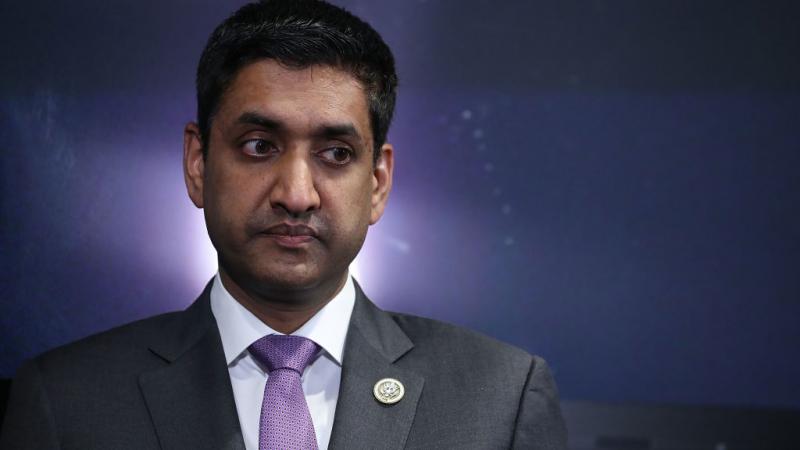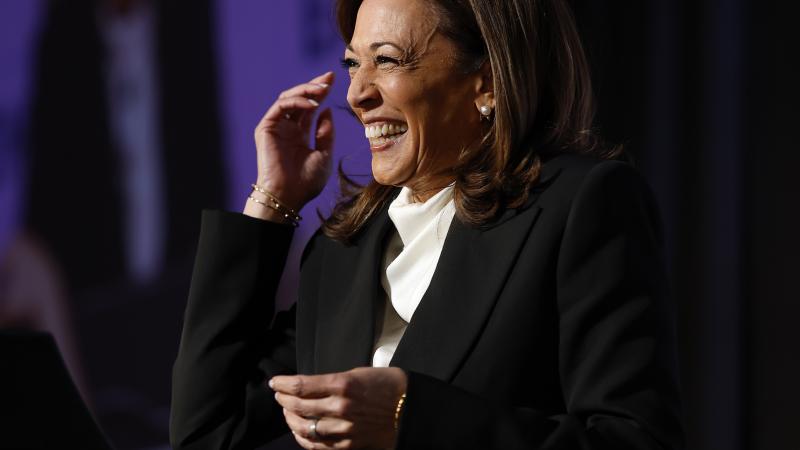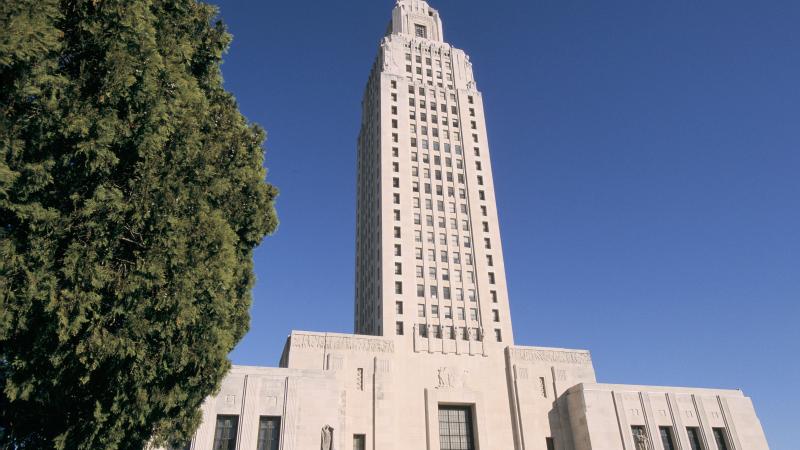U.S. approach to Gaza conflict undermines peace, critics charge
Some observers have said that by assigning equal weight to Israeli and Palestinian interests, the Biden administration abets Hamas.
Rapidly escalating conflict between Israelis and Palestinians has spurred the international community to intensify calls for de-escalation, while the U.S. adopts a neutral stance that some charge elevates and emboldens terrorists in the region.
"It's stupidity," an Israeli professor, Eytan Gilboa, said.
In the opening months of his administration, President Joe Biden paid scant diplomatic attention to Israel — and has not yet appointed an ambassador there. In the past week, as violence threatened to plunge the region into war, the American president scrambled to weigh in for peace. Biden telephoned Israeli Prime Minister Benjamin Netanyahu to urge calm, and reiterated that Israel has a "legitimate right" to defend itself.
"My expectation and hope is this will be closing down sooner ... rather than later," Biden told reporters at the White House on Wednesday.
Secretary of State Antony J. Blinken, who also spoke with Netanyahu, on Wednesday dispatched an emergency envoy to Israel, even while reports increase seemingly by the hour, announcing rocket attacks, mobilizations, and invasion plans.
"The images that came out overnight are harrowing," Blinken said in a statement this week. "I have asked Deputy Assistant Secretary of State Hady Amr to go to the region immediately to meet with Israelis and Palestinians … he will urge, on my behalf and on behalf of President Biden, a de-escalation of violence."
Blinken emphasized that both sides must reduce violence. "We are very focused on this," he said.
"The secretary condemned the rocket attacks and emphasized the need to de-escalate tensions and bring the current violence to an end," State Department spokesman Ned Price said. "The secretary also expressed his belief that Palestinians and Israelis deserve equal measures of freedom, dignity, security and prosperity."
Some observers have said that by assigning equal weight to Israeli and Palestinian interests, the Biden administration in effect abets Hamas.
"The American response overall has been timid, disappointing and irrelevant ... saying Palestinians in Gaza have the right for safety and security just as Israelis do ... as if this is a confrontation between equals," Professor Eytan Gilboa of Bar-Ilan University told the Jerusalem Post. "Both sides are called on to reduce hostilities — Israel and a terrorist organization designated by the U.S."
That approach works to favor Hamas, Gilboa noted.
"It's not evenhandedness," he said. "It's stupidity. This inadvertently encourages Hamas and Islamic Jihad to continue."
The modern conflict between Israelis and Palestinians traces to events in the 19th century, and stems from rivalry over the Holy Land in the Middle East, a region that is important to Christians, Jews, and Muslims. The conflict includes a number of issues, particularly territorial rights. Regional conflict between Jews and Arabs has erupted frequently since Israel was established in 1948.
Over the decades, a succession of American administrations have aimed to broker peace, to little lasting avail.
"The outlook for Israeli-Palestinian negotiations is bleak," according to a background briefing from the Council on Foreign Relations.
The most recent violence traces to mid-April over a number of flash points, including gatherings in Jerusalem during Ramadan. The violence has taken the form of rocket attacks by the Islamist movement Hamas, launching from the Gaza Strip.
Israel responded with artillery fire and with airstrikes that have destroyed buildings believed to house Hamas operatives or facilities.
In Israel, citizens are enacting homegrown safety measures. One group, the International Fellowship of Christians and Jews, has stepped up its efforts to distribute protective vests, and to place mobile bomb shelters. The group has placed more than 2,800 shelters and nearly 1,000 vests, organizers said.
Biden and Netanyahu on Wednesday agreed to "maintain the close consultation between their teams" and personally stay in touch in the days ahead, according to the White House.















